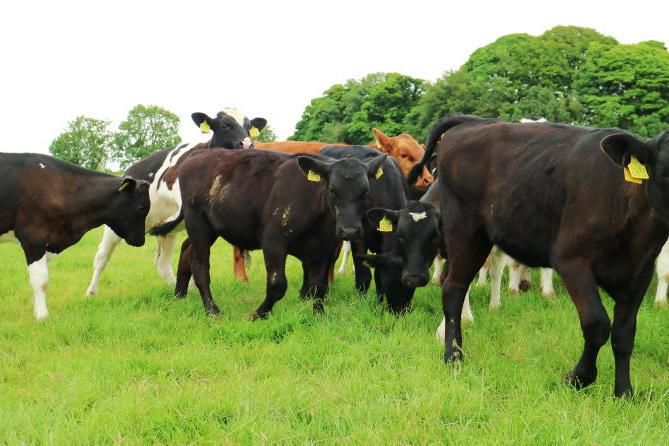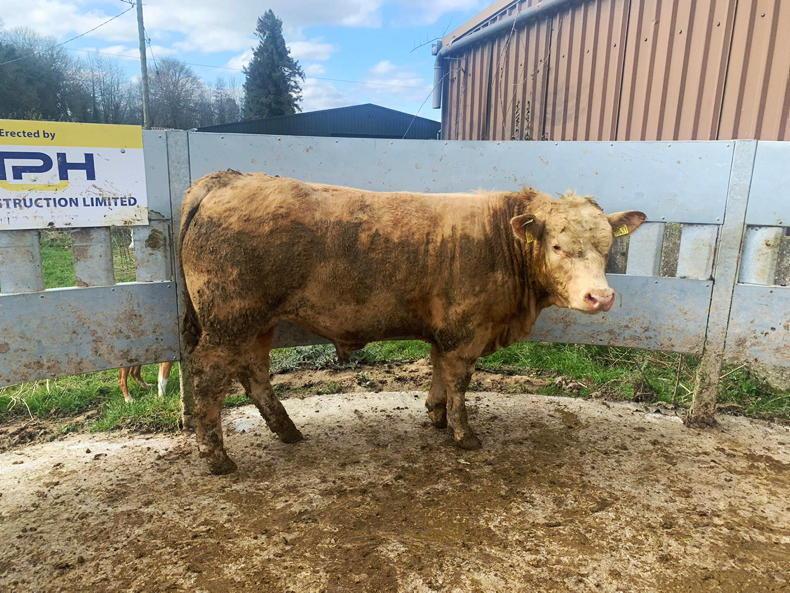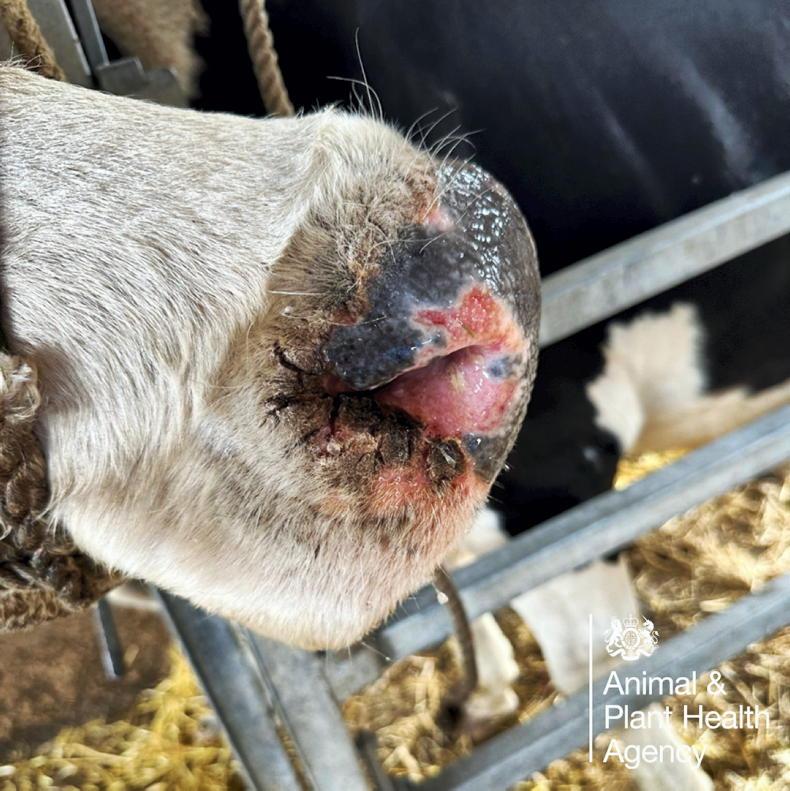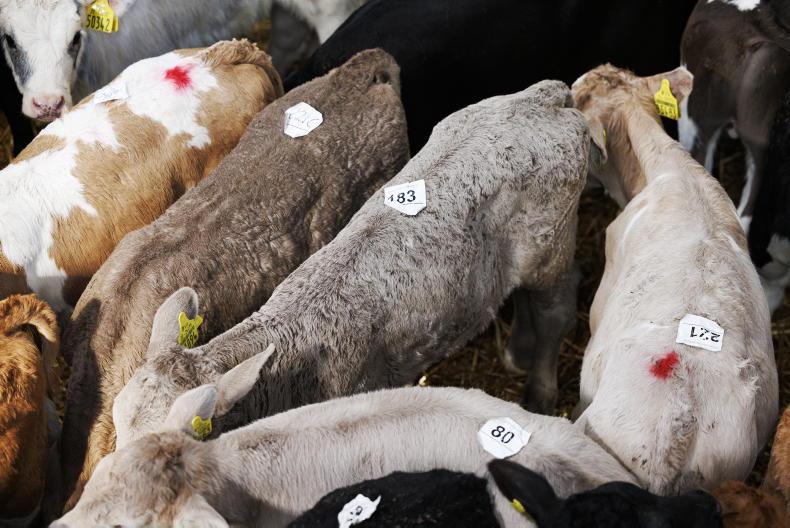The average price of calf milk replacer is up €61/t from last year to €2,184/t. The figures are contained in Table 1, which details the prices and specifications of most of the calf milk replacer products on the Irish market.
Skim milk powder, which is a key component of calf milk replacers, has increased in price by over 20% since September. However, not all companies have increased prices and it is worth bearing in mind that discounts on prices are available for larger purchases. Therefore, if all your requirements can be purchased together then you should be able to negotiate a better price with your merchant.
Price and specification are the two most important things to consider when choosing what milk replacer to buy. Some will argue that specification is more important than price, as a quality milk replacer will help to ensure healthy, thriving calves.
Not all companies have increased prices and it is worth bearing in mind that discounts on prices are available for larger purchases
Protein levels are hugely important for growing animals like calves. Higher protein milk replacers are particularly important for growing heifer calves that need to be on a high rate of daily gain in order to achieve target liveweights. However, the source of that protein is probably as important as the level of protein itself.
Vegetable-based proteins are less digestible than dairy-based proteins such as whey and skim. While many milk replacers will contain a blend of dairy and non-dairy proteins, we don’t know the exact proportions of each.
Fibre contents
Milk replacers with a high level of vegetable-derived proteins tend to have higher fibre contents. Animal Health Ireland (AHI) says milk replacers with a fibre content greater than 0.15 indicates inclusion of plant-based proteins.
Protein levels are hugely important for growing animals like calves
Ideally, these milk replacers should not be fed to young calves who are not able to digest plant based proteins. The average oil content in milk replacers in Table 1 is 18.3%. Oil replaces butterfat in milk replacers and according to AHI is a good substitute for it.
In terms of price, the average price per litre of mixed milk replacer at 12.5% solids is 27c/l. For dairy farmers, this compares favourably with received milk prices of around 32 to 35c/l depending on milk solids.
Read more
Preparing for a lean spring
No new levy for Glanbia growth milk
The average price of calf milk replacer is up €61/t from last year to €2,184/t. The figures are contained in Table 1, which details the prices and specifications of most of the calf milk replacer products on the Irish market.
Skim milk powder, which is a key component of calf milk replacers, has increased in price by over 20% since September. However, not all companies have increased prices and it is worth bearing in mind that discounts on prices are available for larger purchases. Therefore, if all your requirements can be purchased together then you should be able to negotiate a better price with your merchant.
Price and specification are the two most important things to consider when choosing what milk replacer to buy. Some will argue that specification is more important than price, as a quality milk replacer will help to ensure healthy, thriving calves.
Not all companies have increased prices and it is worth bearing in mind that discounts on prices are available for larger purchases
Protein levels are hugely important for growing animals like calves. Higher protein milk replacers are particularly important for growing heifer calves that need to be on a high rate of daily gain in order to achieve target liveweights. However, the source of that protein is probably as important as the level of protein itself.
Vegetable-based proteins are less digestible than dairy-based proteins such as whey and skim. While many milk replacers will contain a blend of dairy and non-dairy proteins, we don’t know the exact proportions of each.
Fibre contents
Milk replacers with a high level of vegetable-derived proteins tend to have higher fibre contents. Animal Health Ireland (AHI) says milk replacers with a fibre content greater than 0.15 indicates inclusion of plant-based proteins.
Protein levels are hugely important for growing animals like calves
Ideally, these milk replacers should not be fed to young calves who are not able to digest plant based proteins. The average oil content in milk replacers in Table 1 is 18.3%. Oil replaces butterfat in milk replacers and according to AHI is a good substitute for it.
In terms of price, the average price per litre of mixed milk replacer at 12.5% solids is 27c/l. For dairy farmers, this compares favourably with received milk prices of around 32 to 35c/l depending on milk solids.
Read more
Preparing for a lean spring
No new levy for Glanbia growth milk









SHARING OPTIONS